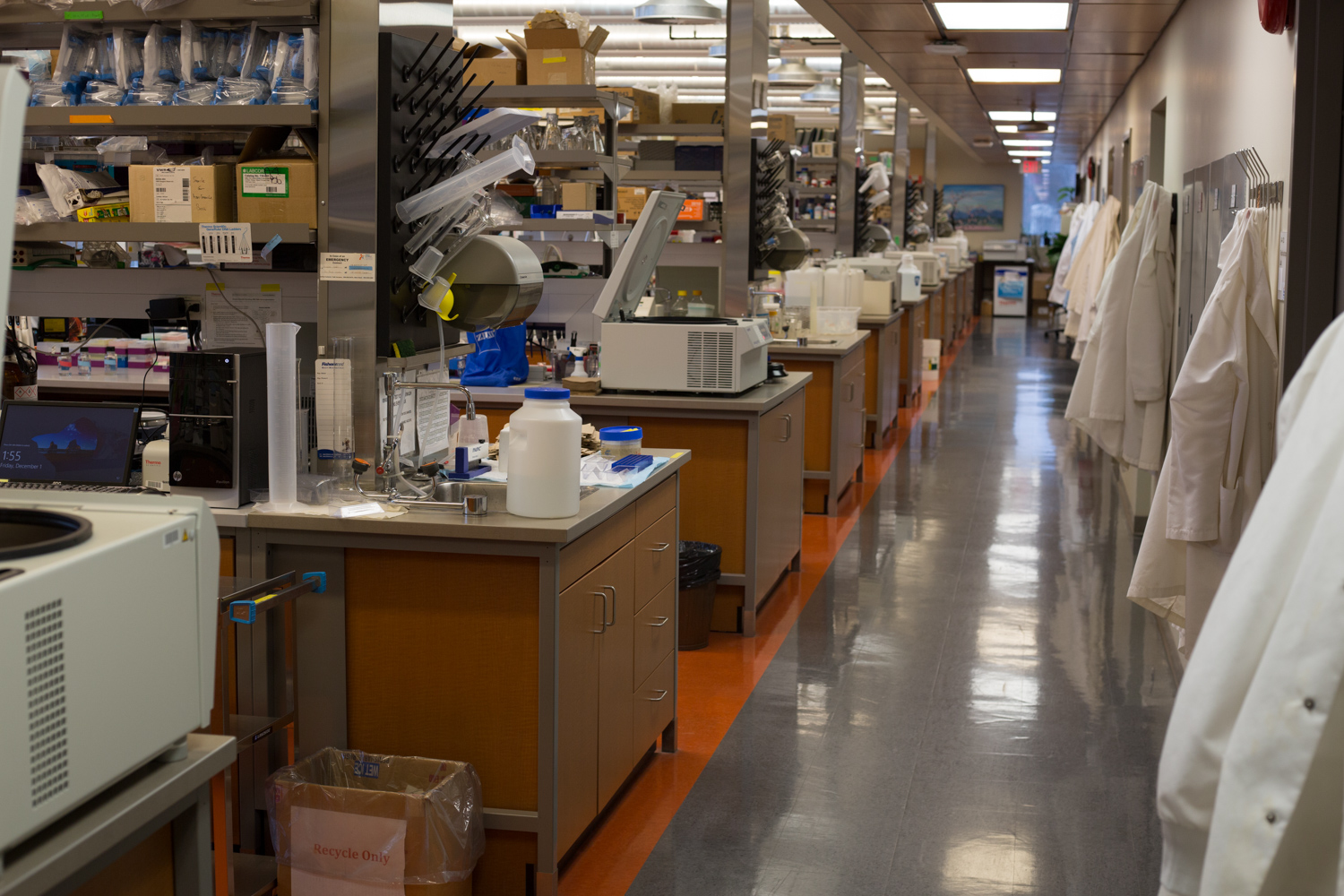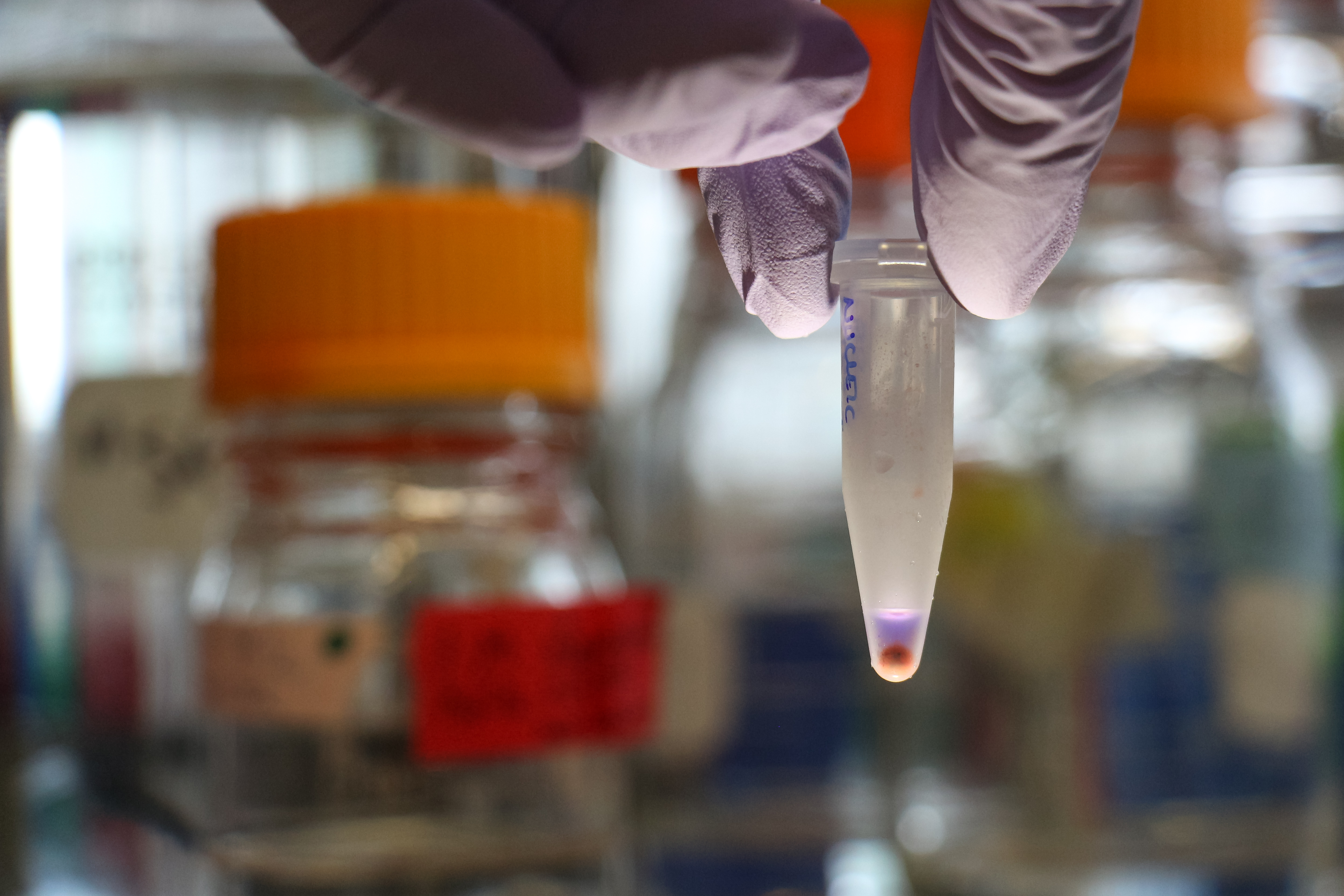Main Areas of Focus
Overview: Diabetes
 Type 1 diabetes usually strikes in childhood when the body’s immune system destroys important cells inside the pancreas called beta cells. These cells produce insulin, which the body needs to take energy from food and control blood sugar levels. To survive, children with type 1 diabetes take insulin injections several times a day for their entire lives. They live with the daily risk of low blood sugar, which is very dangerous, and they face long-term complications such as nerve damage, blindness, heart and kidney disease.
Type 1 diabetes usually strikes in childhood when the body’s immune system destroys important cells inside the pancreas called beta cells. These cells produce insulin, which the body needs to take energy from food and control blood sugar levels. To survive, children with type 1 diabetes take insulin injections several times a day for their entire lives. They live with the daily risk of low blood sugar, which is very dangerous, and they face long-term complications such as nerve damage, blindness, heart and kidney disease.
In type 2 diabetes, the body doesn’t produce enough insulin, and the little it does make doesn’t work properly. There’s no cure and treatment involves medication, healthy diet, and exercise. Until recently, the disease was only seen in adults, but as childhood obesity is increasing, more children are developing type 2 diabetes. Ten years ago, the diabetes clinic at BC Children's Hospital in Vancouver had fewer than five patients with type 2 diabetes. Today, there are about 100 patients in the diabetes clinic with type 2 diabetes or impaired glucose tolerance, which is a forerunner to the disease.
Clinical Diabetes Research
 Each year approximately 120 new children with diabetes - including a disturbing increase in type 2 diabetes, traditionally a disease of adulthood - are admitted to the Diabetes and Endocrine Clinic at the BC Children's Hospital. Investigators working with the clinic are able to study patient DNA and immune cells and translate basic research findings through clinical trials.
Each year approximately 120 new children with diabetes - including a disturbing increase in type 2 diabetes, traditionally a disease of adulthood - are admitted to the Diabetes and Endocrine Clinic at the BC Children's Hospital. Investigators working with the clinic are able to study patient DNA and immune cells and translate basic research findings through clinical trials.
Genetics of type 1 diabetes
Investigators are working to identify the specific gene defects that predispose children to type 1 diabetes - this research holds promise in disease prediction, and is key to understanding the pathogenesis of this disease.
Immunology of type 1 diabetes
In autoimmune diabetes, the cellular immune system specifically targets insulin-producing beta cells for destruction. Program investigators aim to determine why the immune system is activated to kill beta cells, and to identify the precise molecular series of events by which cytotoxic T lymphocytes specifically recognize beta cells and kill them.
Inflammation
Investigators are working to identify how the immune system impairs beta cell insulin secretion and dysregulates alpha cell glucagon secretion in type 2 diabetes. Additional studies are aimed at understanding how innate immune cell inflammation impacts beta cell function during islet transplantation. The goal of this research is to target chronic inflammation to treat type 2 diabetes and to improve the success of islet transplantation.
Islet cell biology and transplantation
Studies are aimed at understanding how beta cells normally function to produce and secrete insulin and why they are dysfunctional or are destroyed in both type 1 and type 2 diabetes. A goal of these studies is the development of novel approaches to enhance survival of beta cells following pancreatic islet transplantation.
Stem cells and beta cell regeneration
Stem cell and beta cell regeneration research is targeted towards understanding how beta cells are formed during embryonic development and how we can use this knowledge to drive the formation of beta cells from stem cells in the culture dish. These studies aim to produce the large number of patient-tailored, transplantable beta cells that will be necessary to cure diabetes.
Viral pathogenesis of diabetes
Research in this area is focused on viruses - such as coxsackie B virus and rubella - that have a strong association with the onset of type 1 diabetes, and on understanding the mechanisms by which viruses can induce destruction of insulin-producing beta cells, either directly or by stimulating autoimmune attack.
